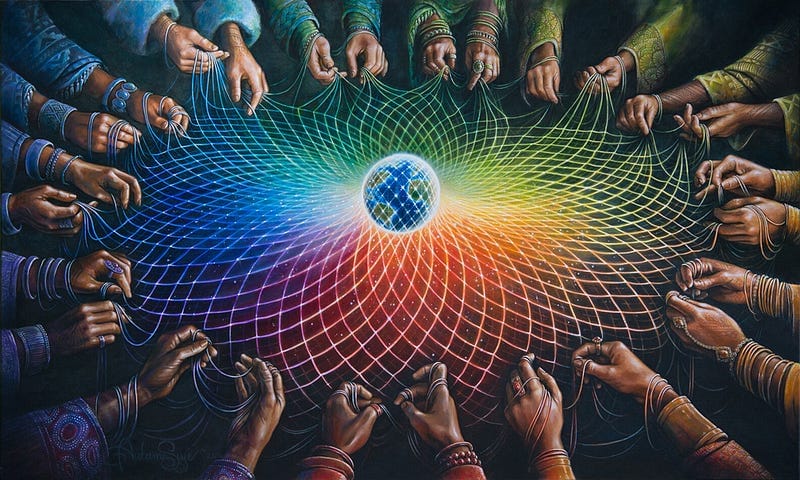When Good Things Come, When Bad Things Come, and The Nonrational Connection Between Them
How Responsive Naturing, And Not Cause And Effect Determinism, Plays Out In Our Lives

How Responsive Naturing, And Not Cause And Effect Determinism, Plays Out In Our Lives
